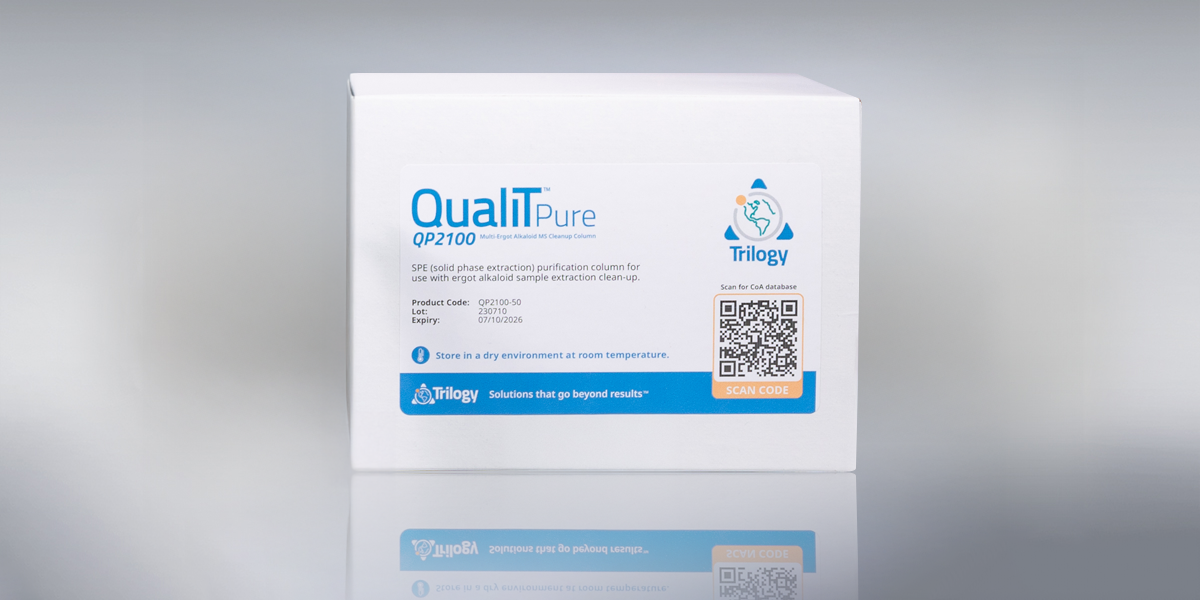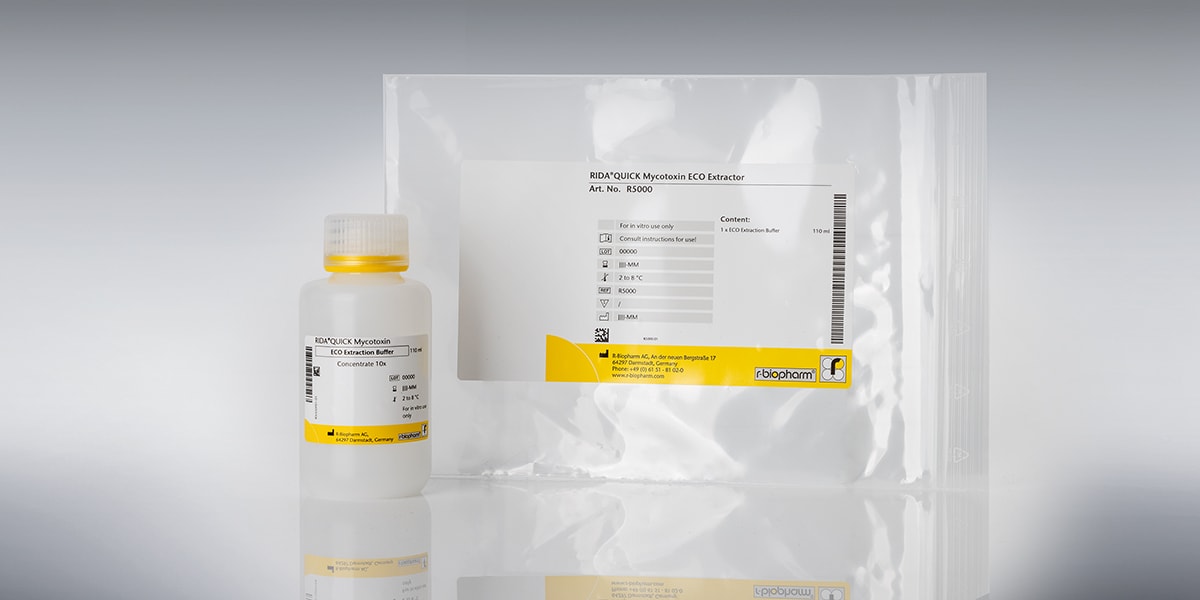
Recent news in Food & Feed Analysis
- Home
- /
- Plant-based food: Mycotoxins in...
Plant-based food: Mycotoxins in the vegan diet

The trend towards vegetarian and vegan diets is unbroken. An important topic in this context is the presence of mycotoxins, because many of the plant-based products consist of grains, nuts or soy – foods that are often contaminated with fungal toxins.
More and more people are reducing their meat consumption or giving up eating foods of animal origin altogether. Plant-based milk and meat alternatives are currently one of the biggest nutrition trends. However, there is a problem with some of the foods for vegetarian and vegan diets: they are particularly susceptible to mycotoxins.
Mycotoxins are a major problem in agriculture. According to a much-cited FAO estimate, more than 25% of the global food crop is contaminated with mycotoxins. Cereals, nuts, dried fruits, spices and pulses are the main crops affected, but other foods can be contaminated as well. In 2019, mycotoxins were the second leading cause of food alerts from the RASFF. Fungal toxins have many adverse health effects for humans and animals. Therefore, most countries have defined maximum levels for the different mycotoxins and food groups.
Mycotoxins in plant-based milk alternatives
Plant-based milk alternatives usually consist of almonds, oats, soy or rice – all foods that may contain mycotoxins. The extent to which the end product also contains mycotoxins has been the subject of only a few studies to date:
- One study indicates that oat milk is the most commonly contaminated (Miró-Abella et al., Food chemistry, 2017).
- In another study, mycotoxins were detected in 75% of oat milk drinks tested and in 12.5% of soy milk drinks (Arroyo-Manzanares, Food Additives & Contaminants, 12, 2019).
- Mycotoxins have even been found in baby food based on oats and soy: The Trilogy laboratory in the USA particularly detected Ochratoxin A there, in some cases in extremely high concentrations.
Mycotoxins in Superfoods
Not only grain-based foods can contain mycotoxins. Mold toxins have also been detected in many so-called “superfoods”:
- Algae such as spirulina, chlorella and kelp: In a study by Yantai University in China, 43 of the 50 algae samples tested contained mycotoxins (Yanshen Li e.a, Toxins 2018, 10(11), 481).
- Green tea and other herbal infusions: One or more species of mycotoxins were detected in 5 of 10 green tea bulk samples and in 1 of 10 bag samples (Assunção e.a., Toxins 2021, 13(2), 119).
- Ancient cereals and pseudocereals: Ancient cereals such as spelt, einkorn, emmer and kamut as well as pseudocereals such as teff, quinoa, sorghum, millet and amaranth are also susceptible to mycotoxins (Ramos-Diaz e.a, Food Control, 2021,130).
Conclusion
Even if further research is needed here: the plant-based diet could lead to an increased total exposure to mycotoxins – even if the legal limits are complied with. Novel foods always require a risk assessment for mycotoxins. Regular testing for mycotoxin levels is essential.



